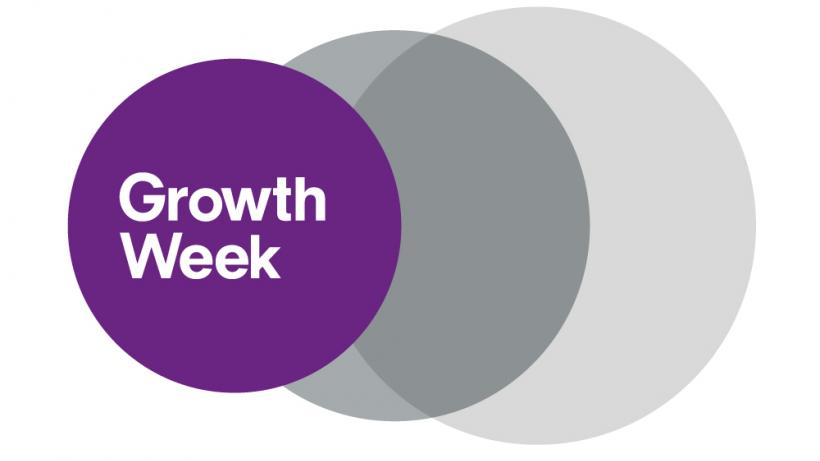
Growth Week 2016
-
Growth Week - Programme
PDF document • 119.08 KB
Growth Week 2016, the International Growth Centre’s annual conference, took place from 1-3 June at the London School of Economics and Political Science.
This three-day event brought together the IGC’s international network of world-leading researchers, institutional partners and policymakers from partner countries in Africa and South Asia, and featured a series of presentations on top level economic growth research, regional policy sessions and public lectures.
Growth Week has been a key opportunity for researchers and policymakers to connect and discuss fresh and innovative growth ideas, with the aim of sharing knowledge and generating new research projects.
We tweeted live on the hashtag: #GrowthWeek
Public Lectures
We also hosted two public lectures at LSE that were open to the public as part of Growth Week 2016. Please visit the links below for more information. Podcasts and video recordings are also available.
Industrial development: China and Africa
Date: Wednesday 1 June 2016
Time: 6.30-8pm
Venue: Sheikh Zayed Theatre, New Academic Building
Speakers: Professor Chang-Tai Hsieh, Professor John Sutton
Chair: John Page
Growth challenges in fragile states
Date: Thursday 2 June 2016
Time: 6.30-8pm
Venue: Sheikh Zayed Theatre, New Academic Building
Speakers: Paul Collier and Tim Besley

